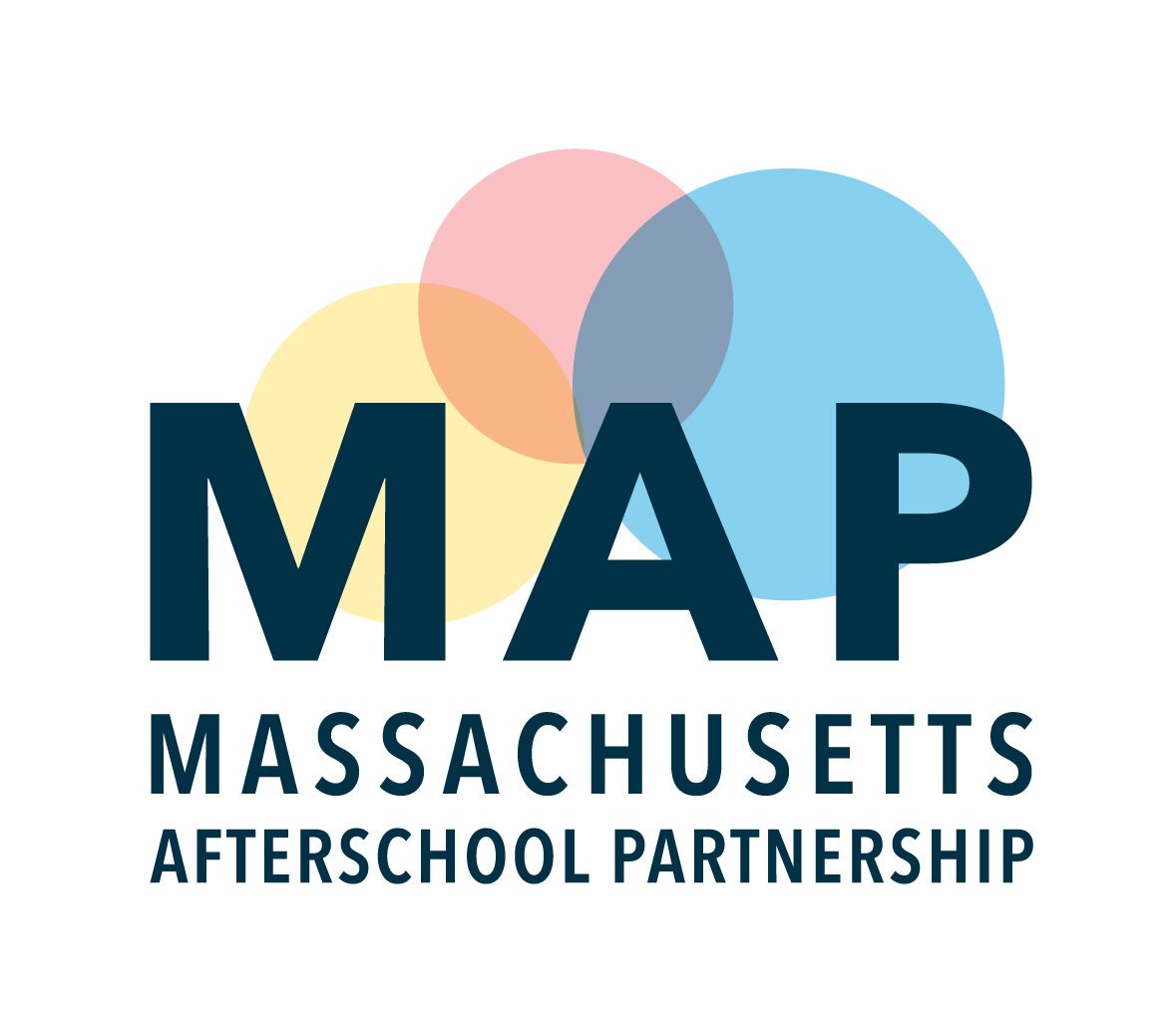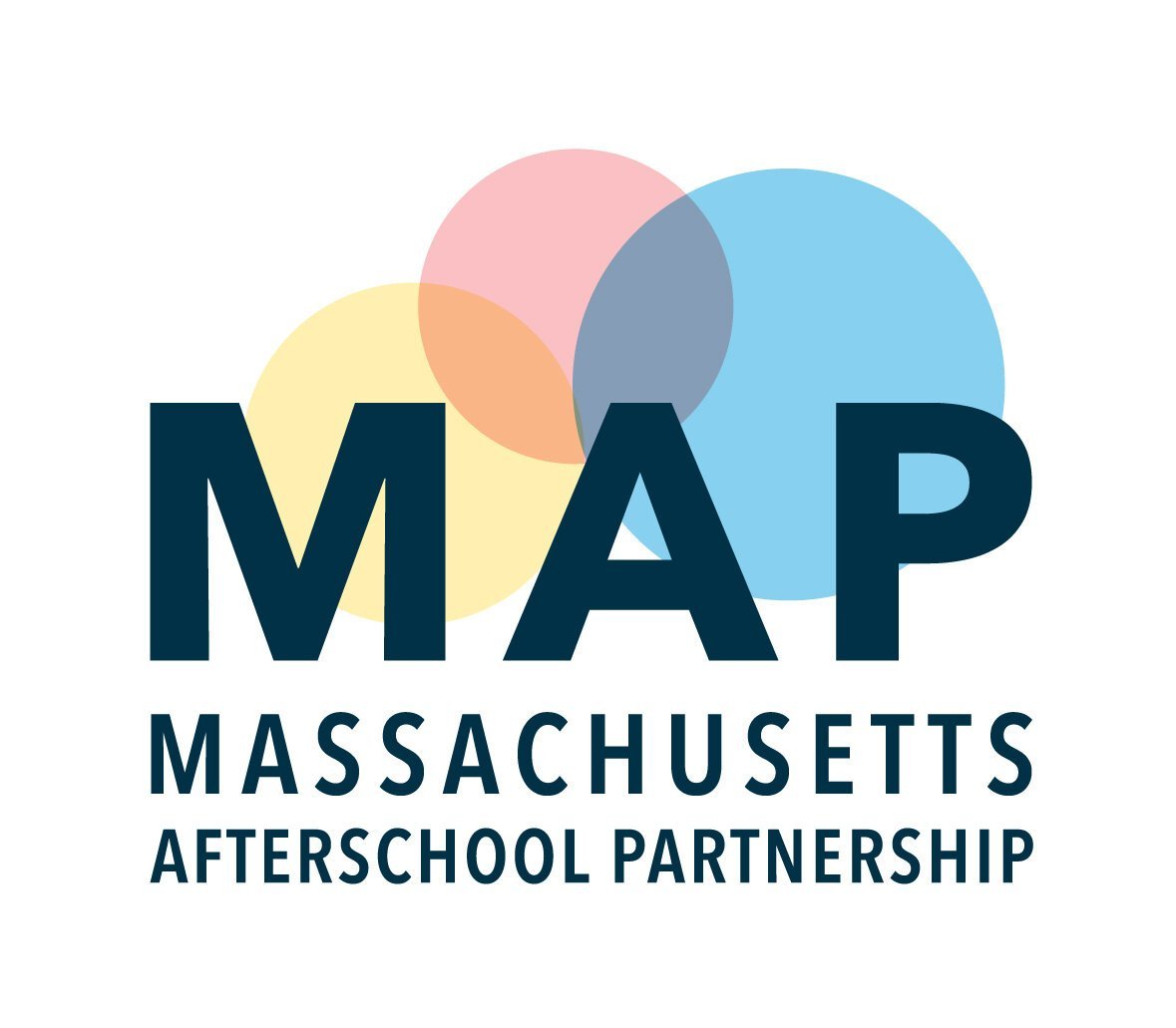Advancing Policy to Support Afterschool
MAP’s geographic focus is statewide with a special emphasis on supporting cities and towns with historically and currently marginalized groups, including quite intentionally the UWMBMV’s 12 focus communities. Through statewide advocacy and professional development, MAP is dedicated to ensuring stakeholders in communities across the state have a voice in the policymaking process. From Pittsfield to Lawrence and south to the Cape and Islands, MAP has a hands-on approach in communities to explore opportunities so that more young people, especially youth of color, have access to quality afterschool and summer programs.
MAP works across Massachusetts to form a shared commitment to systems change and collaboration that leverages the expertise of diverse partners in cities and towns. By working with community members, businesses, nonprofits, and policy makers in towns across Massachusetts, we create an exchange of ideas that increase access to high-quality afterschool programs and support economic justice for working families by allowing them to remain at works.

Policy Priorities 2024
MAP’s Policy Pillars
A major component of MAP’s work is our advocacy for local, state, and federal policies that positively impact the afterschool field. We make sure that school-age programs are represented at decision-making tables, and that the needs of providers and families they serve at addressed.
You can read more in our 2024 Policy Pillars document by clicking on the photo to the right.

Engage Every Student
The Engage Every Student initiative was launched by U.S. Secretary of Education, Dr. Miguel Cardona, on July 14th, 2022.
The U.S. Department of Education partnered with the Afterschool Alliance, AASA, the School Superintendents Association, National League of Cities, National Summer Learning Association, and the National Comprehensive Center to provide schools and communities the connections and assistance they need to expand access to afterschool and summer learning programs.
ASOST Line Item
Massachusetts is one of few states throughout the country that has a line-item dedicated specifically to afterschool and summer learning programs. The goal of this state funded (line item 7061-9611) competitive grant program under Fund Codes 527-528 is to enhance the quality of and increase access to afterschool and out-of-school time (ASOST) programs in order to improve the academic, physical, social, and emotional wellness of school-age youth during the school year and the summer months.

Get involved!
-

Local Listening Sessions
In order to inform our policy priorities, MAP is working with cities, towns, and regions across Massachusetts to host local listening sessions. Listening sessions last approximately an hour and a half and can be conducted virtually or in person. If you are interested in hosting a local listening session in your town, please contact us below.
-

Statewide Calls
MAP hosts regular policy and practice calls to share information with the field and learn from educators and program administrators. Previous calls have focused on advocacy during the budget season, cannabis tax revenue legislation to support afterschool, and the National Institute on Out-of-School Time (NIOST).
Calls will begin again in fall 2024. Click below to email us with suggestions of what you’d like to hear about, or who we should invite!
-

OST Advocacy Toolkit
MAP has created an OST Advocacy Toolkit for you! Advocacy for Out-of-School Time (OST) is the act of calling for support, raising awareness, expanding resources, and increasing access for high-quality, affordable OST programs for all children and youth. Advocacy can mean calling or emailing your legislators, coalition-building among your OST colleagues and other stakeholders or speaking on afterschool during public hearings and/or advocacy events. Click below to learn more.
Cannabis Tax Revenue
On November 8th, 2016, Massachusetts voted to legalize recreational marijuana use and sales. Since then, the state government and local municipalities have created policies that impose taxes on cannabis sales. Recently, shops selling cannabis have begun to acquire licenses and open. As a result, the Commonwealth has created a new tax revenue stream and the question becomes, what should be done with these new dollars? What about the expansion of programs that are proven to mitigate rates of drug misuse? What about funding programs that build protective factors that keep young people safe? What about creating programs that over 300,000 high need students in Massachusetts deserve access to? What about Afterschool?
MAP presented on S.255, An act relative to access for after school and out-of-school time programs petitioned by Senator Crighton, before the Afterschool Caucus. Read more below!







